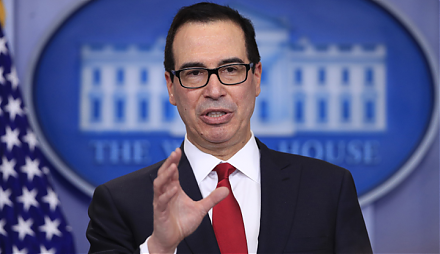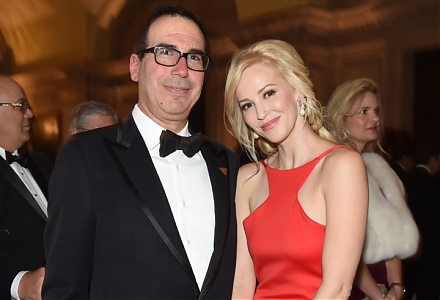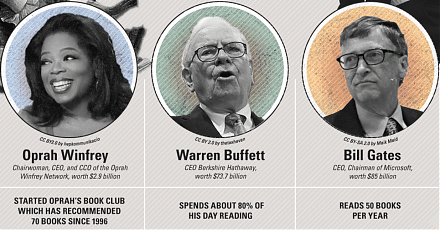

2019-04-11 07:35:00 Thu ET
federal reserve monetary policy treasury dollar employment inflation interest rate exchange rate macrofinance recession systemic risk economic growth central bank fomc greenback forward guidance euro capital global financial cycle credit cycle yield curve
European Central Bank designs its current monetary policy reaction function and interest rate forward guidance in response to key delays in inflation convergence. ECB President Mario Draghi maintains this dovish monetary policy stance as the central bank downgrades economic growth projections for the E.U. trade bloc from 1.7% to 1.1% as of early-2019. As the ECB pushes back the next interest rate hike, Draghi announces new expansionary monetary policy measures. These measures include another financial stimulus program for banks to boost credit supply in the Eurozone. Draghi continues to commit to the price stability mandate to ensure that inflation remains hovers below the 2% target threshold.
Due to weak capital investment, labor force participation, and economic growth in Europe, most stock market analysts expect another major delay in ECB interest rate adjustments until late-2019. In addition to the subpar economic performance of the E.U. trade bloc, ECB senior advisors need to wait for the next resolution of economic policy uncertainty around Halloween Brexit. As Halloween Brexit may come back to haunt the U.K. prime minister, Draghi has to be patient to learn more about what the May administration can deliver as a plausible alternative Brexit deal in October 2019.
If any of our AYA Analytica financial health memos (FHM), blog posts, ebooks, newsletters, and notifications etc, or any other form of online content curation, involves potential copyright concerns, please feel free to contact us at service@ayafintech.network so that we can remove relevant content in response to any such request within a reasonable time frame.
2018-07-21 13:35:00 Saturday ET

President Trump supports a bipartisan bill or the Foreign Investment Risk Review Modernization Act (FIRRMA), which effectively broadens the jurisdiction of
2020-05-21 11:30:00 Thursday ET

Most blue-ocean strategists shift fundamental focus from current competitors to alternative non-customers with new market space. W. Chan Kim and Renee Ma
2023-07-07 10:29:00 Friday ET

Louis Kaplow strives to find a delicate balance between efficiency gains and redistributive taxes in the social welfare function. Louis Kaplow (2010)
2018-05-19 09:29:00 Saturday ET

Treasury Secretary Steve Mnuchin indicates that the Trump team puts the trade war with China on hold. The interim suspension of U.S. tariffs should offer in
2019-09-30 07:33:00 Monday ET

AYA Analytica finbuzz podcast channel on YouTube September 2019 In this podcast, we discuss several topical issues as of September 2019: (1) Former
2017-02-07 07:47:00 Tuesday ET

With prescient clairvoyance, Bill Gates predicted the recent sustainable rise of Netflix and Facebook during a Playboy interview back in 1994. He said th